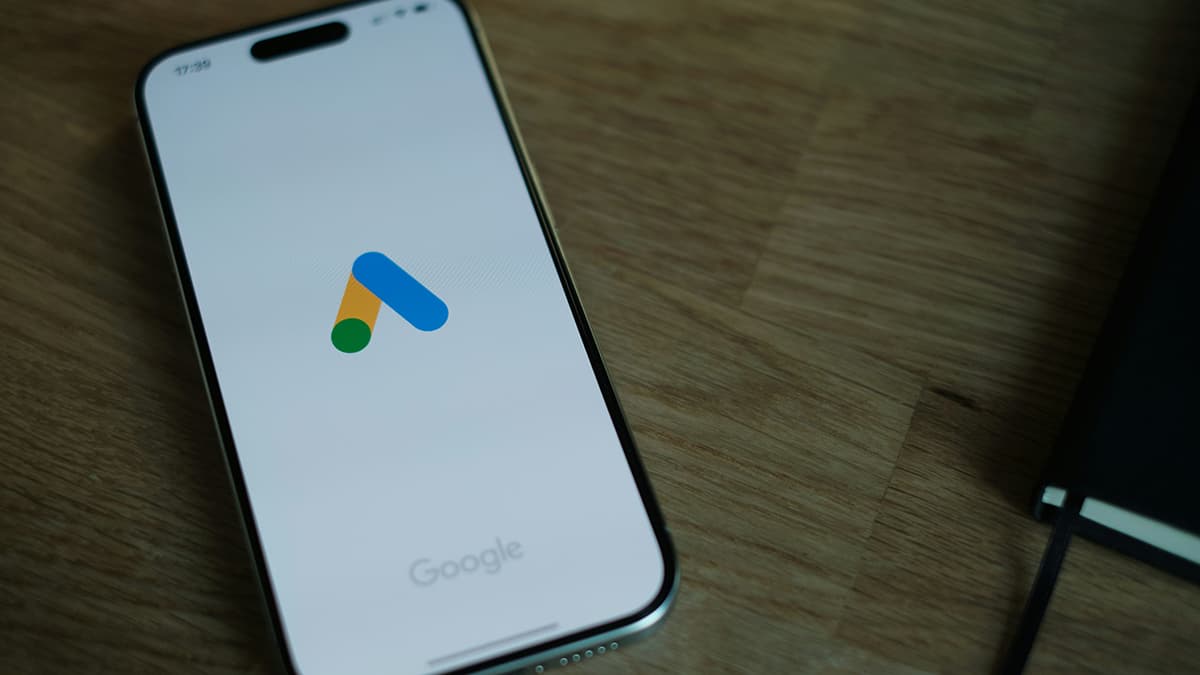Will Chatbots Become the New Doctor? Exploring the Regulation in Bot Doctor
In recent years, advancements in artificial intelligence and natural language processing have led to the widespread use of chatbots in various industries. One domain that has seen significant interest is healthcare, where chatbots are being integrated into patient care and diagnosis processes. This has led to the intriguing question of whether chatbots could eventually become the new doctor. In this article, we will delve into the pros and cons of using chatbots in the medical field and explore the regulatory aspects surrounding "Bot Doctors."
The Pros of Chatbots in Healthcare
1. Accessibility and Convenience
One of the primary advantages of using chatbots in healthcare is the increased accessibility and convenience they provide. Patients can interact with these virtual assistants at any time, from the comfort of their homes, without the need for physical appointments. This accessibility is especially beneficial for patients with mobility issues or those living in remote areas with limited access to medical facilities.
2. Efficient Triage and Diagnosis
Chatbots equipped with sophisticated algorithms and medical databases can conduct preliminary triage and diagnosis. By asking relevant questions and analyzing symptoms, these chatbots can offer potential diagnoses or recommend appropriate actions. This early assessment can be crucial in urgent situations, where timely intervention is essential.
3. Continuous Monitoring and Follow-up
Chatbots can help monitor patients' conditions continuously. They can collect data and track changes in symptoms, alerting healthcare providers if intervention is required. Additionally, chatbots can assist in follow-up care, reminding patients about medication schedules or lifestyle changes, thereby promoting better treatment adherence.
4. Health Education and Awareness
Educating patients about various health conditions, treatments, and preventive measures is a crucial aspect of healthcare. Chatbots can play a significant role in disseminating accurate medical information to the public. By offering reliable health advice, chatbots can empower individuals to make informed decisions about their well-being.
The Cons of Chatbots in Healthcare
1. Lack of Human Touch and Empathy
One of the most significant drawbacks of using chatbots in healthcare is the absence of human touch and empathy. Patients often find comfort in the compassion and understanding shown by human healthcare providers. Chatbots, no matter how advanced, cannot replicate this emotional connection, which could impact patient satisfaction and mental well-being.
2. Limited Scope and Accuracy
While chatbots can be effective for simple medical queries and routine check-ups, their diagnostic accuracy for complex conditions remains a concern. The healthcare domain is vast and diverse, and relying solely on chatbots for critical diagnoses might lead to errors or delayed treatment.
3. Data Privacy and Security
Integrating chatbots into healthcare means dealing with sensitive patient data. Ensuring robust data privacy and security measures becomes crucial to protect patients' personal information from potential breaches or misuse.
4. Liability and Malpractice Issues
In cases of misdiagnosis or improper advice, questions of liability and malpractice could arise. Determining accountability for such situations involving chatbots may present legal challenges and require clear regulations.
Regulation in Bot Doctor
As the use of chatbots in healthcare grows, the need for regulation becomes apparent. To ensure the safe and ethical deployment of "Bot Doctors," several aspects must be addressed:
1. Certification and Approval
Chatbots intended for medical purposes should undergo rigorous testing, validation, and certification before being approved for patient care. Regulatory bodies need to establish criteria for assessing the accuracy and safety of these chatbots to protect patients from misleading information or advice.
2. Compliance with Medical Standards
"Bot Doctors" must adhere to established medical standards and guidelines. They should be updated regularly to reflect the latest developments in the medical field. Compliance with these standards ensures that chatbots provide reliable and evidence-based information to users.
3. Data Privacy and Security
Healthcare chatbots must meet stringent data privacy and security requirements. They should be designed to protect patient confidentiality and comply with relevant data protection laws.
4. Transparent Disclosure
Users interacting with chatbots should be informed that they are conversing with an artificial intelligence entity. Transparency about the limitations and capabilities of chatbots fosters trust and helps users make informed decisions.
5. Human Oversight and Backup
While chatbots can handle various tasks, human oversight is essential, especially in critical or complex cases. Integrating chatbots into healthcare should be aimed at augmenting human capabilities rather than replacing them entirely.
The emergence of chatbots in healthcare has sparked debates about their potential as the new doctor. The accessibility, efficiency, and educational aspects of chatbots show promise in improving patient care and health outcomes. However, challenges regarding accuracy, privacy, liability, and the lack of human touch need to be addressed to ensure responsible and safe integration of "Bot Doctors" in the healthcare ecosystem.
Regulatory measures must be put in place to govern the development and deployment of healthcare chatbots, ensuring adherence to medical standards and safeguarding patient interests. Ultimately, the successful fusion of artificial intelligence and human expertise holds the key to revolutionizing healthcare delivery in the digital age.












